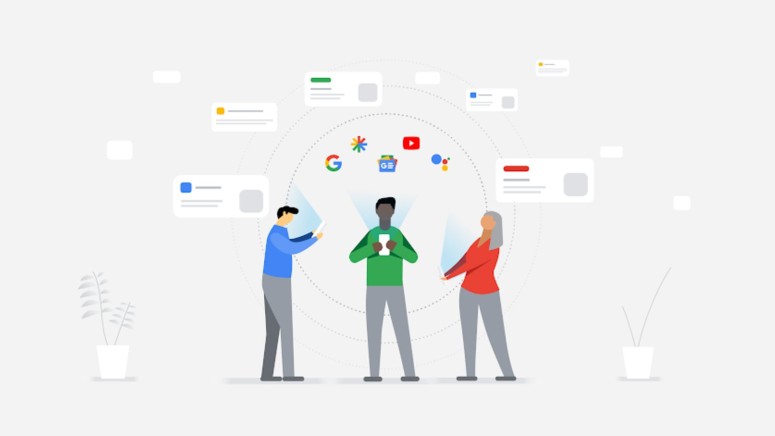
Google Defends Its Stance Related to (Not) Paying Publishers for News Articles
- After plenty of pressure, Google has decided to start paying for high-quality content supplied by individual news publishers.
- The company refuses to make any deeper-level changes and is vocal about its concept of indexing and serving news articles.
- As per Google, news publishers benefit from this relationship in many ways, helping them increase their revenue.
During recent years, we’ve seen numerous heated discussions regarding the relationship between Google and news publishers. And this year, we’ve also seen individual countries trying to pressure Google into creating an economically viable relationship with publishers by paying for online content the company indexes and displays. Back in April, France’s competition authority ruled that Google’s practices “have caused serious and immediate harm to the press sector” despite the Web search engine’s decision to stop showing news snippets to comply with the EU’s new copyright laws. Similar is happening in Australia, where a mandatory code is being developed between media companies and digital platforms.
As a response to this fast-changing landscape and after being pressured via legal means, Google has finally decided to implement a new licensing program. More precisely, the tech giant will share revenue for “high-quality content” distributed via Google’s News and Discover platforms. This will initially include local and national news publications in Germany, Australia, and Brazil. Among other strategies, Google plans to pay for free access to paywalled articles on news sites.
Even though we’re starting to see Google loosen up its rules, this doesn’t mean that the company is willing to change its policies entirely. In a freshly released blog post, the company has decided to explain how publishers benefit from their existing relationship with Google, which isn’t only helping their websites reach a bigger audience but also increase publishers’ revenues.
Google begins to plead its case by saying that the value of news to Google is not economic – but societal instead. The company believes that news articles aren’t about economics, as their primary value is in informing and educating. With this said, the company has explained that it doesn’t generate revenue from news articles. Instead, this happens only from queries with commercial intent, with individuals clicking on ads that the company serves.
The Web search giant says that publishers are compensated in several ways. By providing a steady flow of visitors to news publishers’ websites, the news industry benefits by deciding whether to show ads or offers for subscriptions. Each month, the Web search engine sends users to news sites 24 billion times, and with each click being valued at roughly between 4-7 U.S. cents (as per Deloitte), this creates a substantial contribution to the news economy. This is also where the newly announced plans to implement licensing programs come into play, with Google directly paying certain news publishers (which will soon happen in Germany, Australia, and Brazil).
And finally, Google concludes that courts have recognized that search is a non-infringing fair use under U.S. copyright laws (and similar doctrines everywhere). Furthermore, this includes Internet searches with image thumbnails, snippets, or even digitized copies of books.
With all of this said, it’s clear that Google doesn’t plan to radically change its approach to indexing and serving news via its search engine. Even though the company seems to listen to what other countries and authorities are saying, there’s only a slight chance that we’ll see fundamental changes. Of course, this will create plenty of space for those heated discussions to continue in the future.









